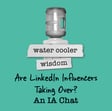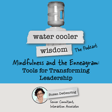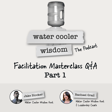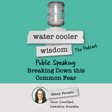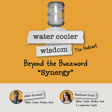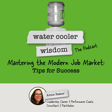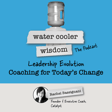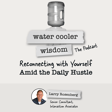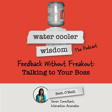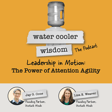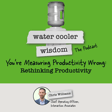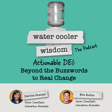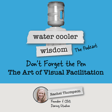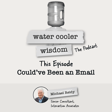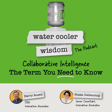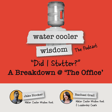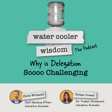
Facilitation Masterclass: Trust & Collaboration
In this episode of Water Cooler Wisdom, hosts Jake Blocker and Rachael Grail explore the delicate art of authentic listening when tensions run high. With insights drawn from neuroscience and their own professional experiences, Jake and Rachael share practical strategies to help you stay present and collaborative, even in the most challenging discussions.
Learn how to manage your physiological responses, challenge your assumptions, and use mindfulness techniques like “rubbing your fingers together” to stay grounded. They also delve into the power of curiosity, the pitfalls of over-preparation, and how self-awareness can transform your workplace dynamics.
Whether you’re navigating tough conversations at work or striving to create a safe and inclusive team environment, this episode is packed with actionable tips and thought-provoking perspectives. Tune in for a conversation that will leave you better equipped to handle conflicts with clarity and care.

